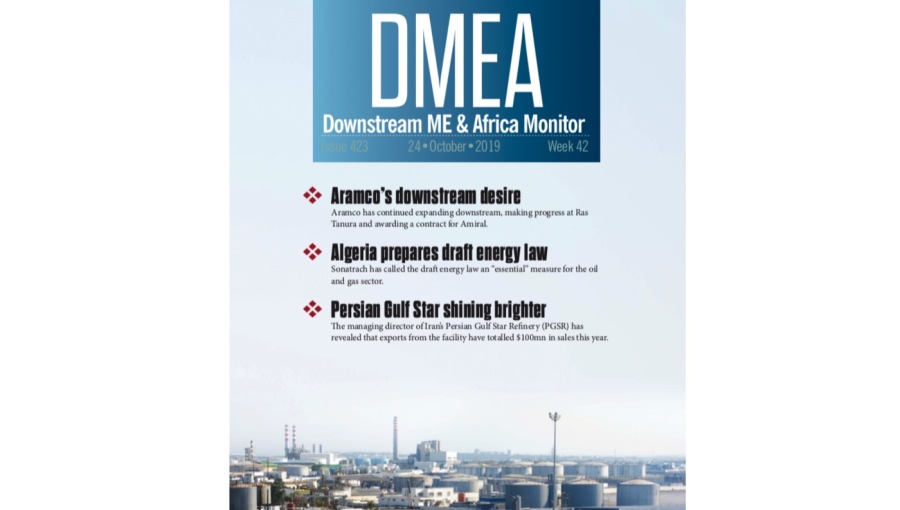DMEA: Eyes on fuel sources

This week’s DMEA looks at Saudi Aramco’s plans to play a major role in the nascent blue hydrogen sector and Angola hiring two firms to provide more traditional fuels over the next 12 months.
State-owned Saudi Aramco this week spoke of plans to be a major player in the emerging blue hydrogen market, though it reiterated that it does not anticipate significant growth in the sector until the end of the decade.
During an interview with Bloomberg TV, chief technology officer Ahmad al-Khowaiter said: “We’re going to have a large share” of the market. However, reiterating views aired during a company event in February, he added: “The scale up isn’t going to happen before 2030. We’re not going to see large volumes of blue ammonia before then.”
This aligns with comments the company’s CEO Amin Nasser made during its latest earnings call when he said that Aramco would be heavily involved in the sector, but it would hold off on making investments until the supply chain had started to develop. Khowaiter reiterated this sentiment, saying: “From the time you make clear off-take agreements, you’re talking about a five- to six-year capital cycle to invest in the production and conversion requirements … You’re talking about a pretty long timescale.”
Meanwhile, Angola’s state-owned Sonangol this week announced that it had contracted Vitol and Total Trading SA (TOTSA) – a subsidiary of France’s TotalEnergies – to import gasoline and diesel for the next year.
The award will see Vitol import gasoline and TOTSA diesel following a public tender launched by Sonangol in March. A total of 27 companies were invited to participate ensuring a competitive process.
Bids were submitted by London-based BP; trading houses Trafigura, Gunvor and Mercuria; Japan’s Idemitsu, Portuguese integrated player Galp, UK-based Gemcorp which is developing a 60,000-barrel per day (bpd) refinery in the Cabinda exclave, Vitol and TOTSA.
Only 25% of refined products sold in the country during 2020 were refined domestically – at the ageing 38,000 bpd Luanda refinery – while 3% were provided by facilities belonging to Chevron subsidiary Cabinda Gulf Oil Company Ltd (CABGOC), with the remaining 72% imported.


Follow us online